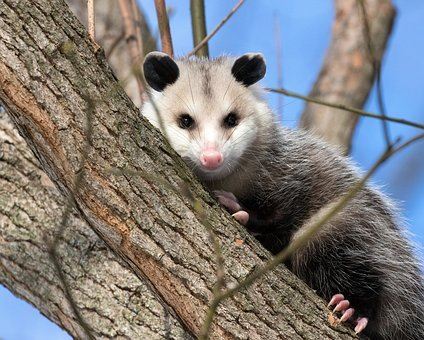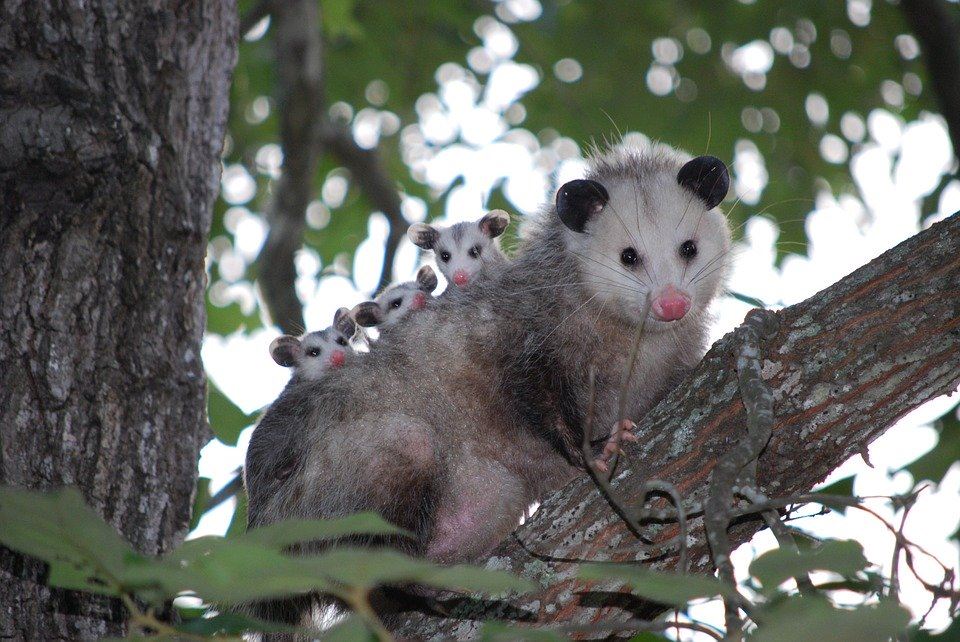Injured & Orphaned Opossum |
|
Have you found an opossum?
How to Transport a Rescued Animal to the Wildlife Rehabilitator:
The advice expressed on this page is to be utilized at your own discretion. Laws regarding wildlife may differ between counties. |   Local Wildlife Rehabilitators Accepting Opossums Wildlife Freedom Inc. The Last Resort Rescue Deborah DeRosa 973-769-6830 Complete list of Wildlife Rehabilitators |

